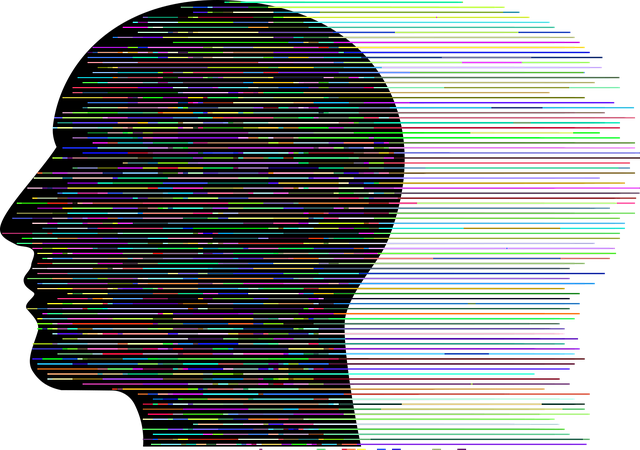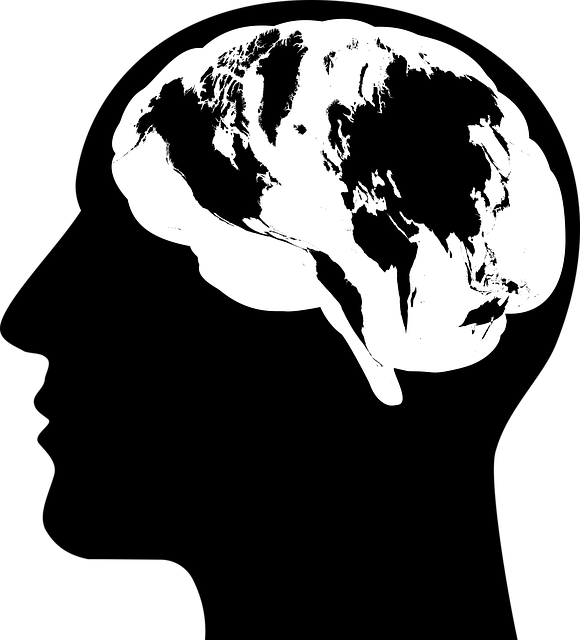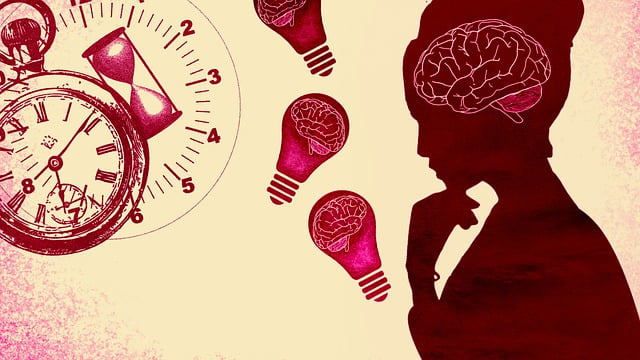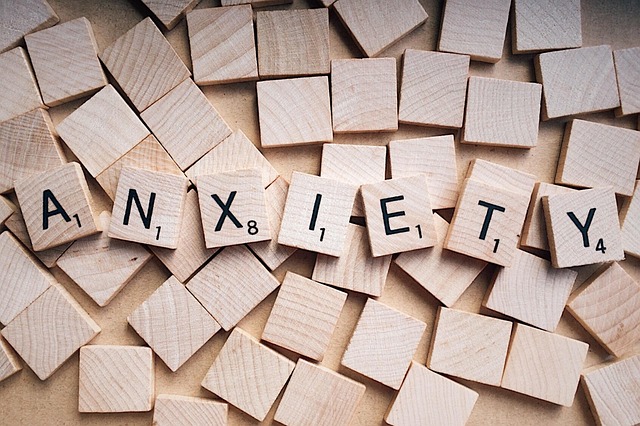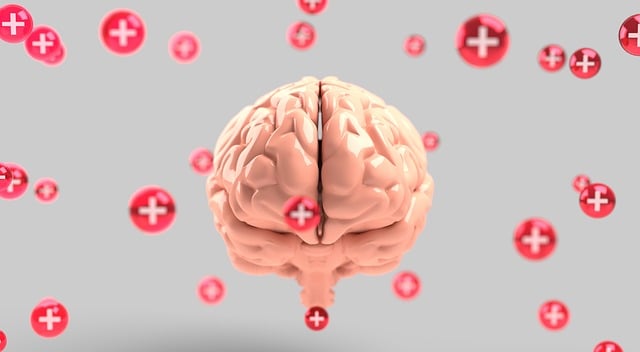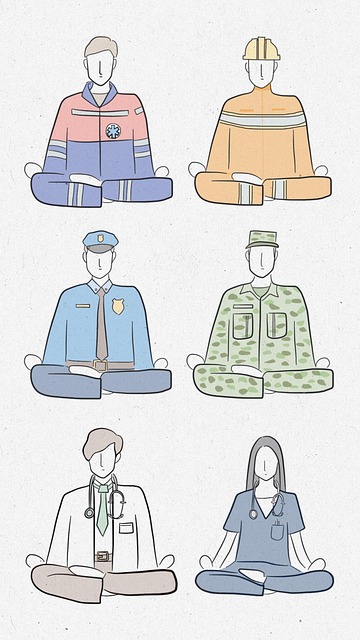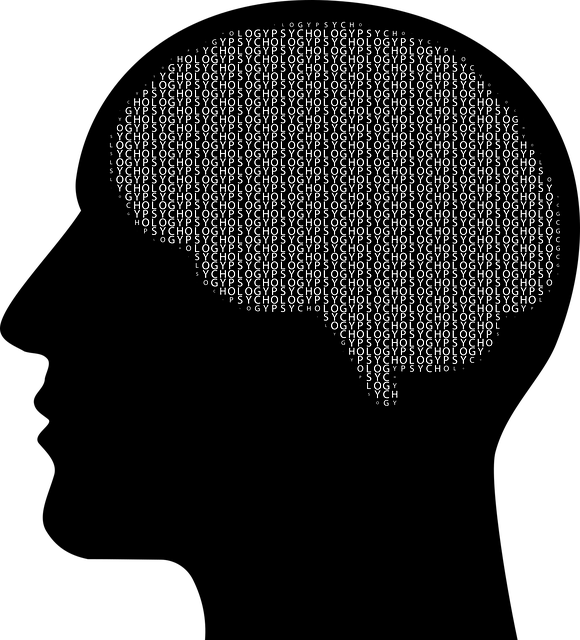Cultural sensitivity in mental healthcare for adult dissociative disorder (DD) is transformative, as it addresses how cultural backgrounds shape therapy responses. Understanding diverse perspectives allows providers to tailor interventions, create safe spaces, and respect individual histories, leading to effective anxiety relief and improved mental wellness. By bridging cultural gaps through self-awareness exercises and tailored workshops, therapists foster understanding, reduce stigma, build resilience, and enhance recovery for adults with DD, emphasizing holistic, inclusive practices in therapy for these complex conditions.
“Cultural sensitivity is an indispensable aspect of mental healthcare, particularly when addressing complex conditions like dissociative disorders. This article explores the intricate relationship between culture and mental wellness, focusing on how a patient’s cultural background can significantly impact their experience with dissociative disorders. We delve into strategies for adapting therapy for adults with dissociative disorder to meet diverse cultural needs, emphasizing culturally competent practice in mental health care.”
- Understanding Cultural Sensitivity in Mental Healthcare
- The Impact of Cultural Background on Dissociative Disorders
- Adapting Therapy for Adults with Dissociative Disorder to Cultural Needs
- Strategies for Culturally Competent Practice in Mental Health Care
Understanding Cultural Sensitivity in Mental Healthcare

In the realm of mental healthcare, cultural sensitivity is a game-changer, especially when treating diverse populations with varying psychological needs. It involves recognizing and appreciating the impact of cultural differences on an individual’s mental wellness and their approach to seeking therapy for adults dissociative disorder or other conditions. Every patient brings their unique cultural lens, which can shape their experiences, beliefs, and expressions of distress. For instance, a person from a collectivist culture might exhibit different symptoms of anxiety or trauma compared to someone from an individualistic background, necessitating tailored therapeutic interventions.
Cultural sensitivity equips healthcare providers with the skills to navigate these complexities. It involves learning about various cultural practices, traditions, and beliefs that can either facilitate healing or pose challenges during therapy sessions. By incorporating conflict resolution techniques adapted to specific cultures, mental health professionals can foster a safe space for patients to express themselves openly, enabling effective anxiety relief and overall mental wellness. This approach ensures that the help offered is not only culturally competent but also respectful and relevant to each patient’s background.
The Impact of Cultural Background on Dissociative Disorders

Understanding the impact of cultural background on dissociative disorders is crucial when providing therapy for adults with Dissociative Disorder (DD). Different cultural groups may have distinct beliefs and experiences that shape their relationship with identity, memory, and trauma, influencing how they express and experience dissociation. For example, some cultures may view certain dissocitative symptoms as spiritual or supernatural phenomena rather than mental health issues. This cultural lens can significantly impact the way individuals seek help, communicate about their experiences, and respond to therapeutic interventions.
Healthcare providers play a vital role in bridging these cultural gaps through self-awareness exercises and crisis intervention guidance. Burnout prevention strategies for healthcare providers are essential, as they must remain attuned to the unique needs of diverse patients. By integrating culturally sensitive practices, therapists can ensure that individuals with DD receive tailored care that respects their background and enhances healing.
Adapting Therapy for Adults with Dissociative Disorder to Cultural Needs

In providing therapy for adults with dissociative disorder, mental health professionals must embrace cultural sensitivity to offer tailored and effective treatment. Dissociative disorders often stem from traumatic experiences that are deeply rooted in an individual’s cultural context. Adapting therapy to address these unique needs involves a nuanced understanding of cultural factors that influence coping mechanisms and perceptions of mental illness. For instance, some cultures may have different expressions of dissociation or distinct beliefs about the causes and consequences of trauma, requiring therapists to be flexible and open-minded in their approach.
Integrating cultural considerations into therapy for adults with dissociative disorder facilitates stigma reduction efforts by promoting understanding and empathy. By recognizing and validating cultural differences, therapists can build resilience and foster a safe space for clients to explore their experiences without fear of judgment. This, in turn, supports the development of coping skills that are culturally relevant and adaptive, enhancing overall well-being and recovery.
Strategies for Culturally Competent Practice in Mental Health Care

Culturally competent practice in mental healthcare involves a range of strategies to ensure that services are accessible and effective for individuals from diverse backgrounds. One key approach is to incorporate self-awareness exercises into therapy sessions. This helps mental health professionals understand their own biases and how they might impact treatment, fostering an environment where clients feel seen and heard. By promoting self-esteem improvement through these exercises, therapists can build a strong therapeutic alliance, which is crucial for successful treatment, especially in addressing complex issues like Dissociative Disorder.
Additionally, organizing stress management workshops tailored to cultural needs can significantly enhance care. These workshops not only provide practical tools for managing stress but also offer a safe space for clients to connect and share experiences. Engaging in such initiatives demonstrates a commitment to inclusive practices, particularly when catering to adults with dissociative disorders who may benefit from holistic approaches combining therapy with community-based support programs.
Cultural sensitivity is a cornerstone of effective mental healthcare, especially when treating conditions like dissociative disorders. By recognizing and adapting to the diverse cultural backgrounds of patients, therapists can create a safe and supportive environment. This tailored approach ensures that individuals receive culturally competent care, addressing unique challenges and beliefs related to their mental health journey. With proper strategies in place, such as incorporating cultural perspectives into therapy for adults with dissociative disorder, healthcare professionals can significantly enhance treatment outcomes and foster better patient engagement.
